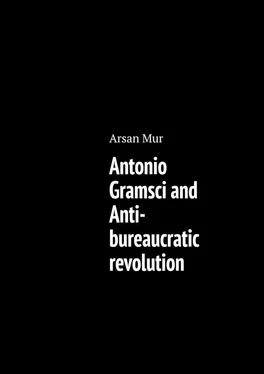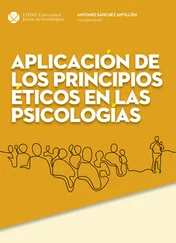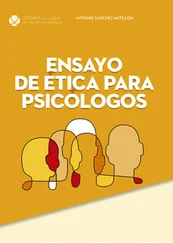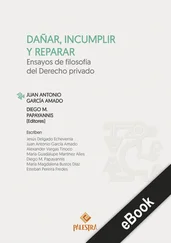The victorious country of socialism has become a stronghold of the world labor movement, the success of which is evidenced by the existence of a mighty camp of socialist countries.
An examination of the complex of views of Lenin on the state and power must begin with the question of the class nature of the state. The very first paragraph of the first chapter of “The State and the Revolution” is devoted to this question – admittedly the main work that contains a theoretically systematic exposition of the corresponding Leninist ideas.
Pure classiness is an innate, inalienable and all determining, according to Lenin, feature of such a social establishment as the state acts. It is intrinsic to him for several reasons.
The first reason, of these, is the embodiment in the state of the antagonism of classes that has split society since the establishment in it of private property and public groups with conflicting economic interests. Lenin calls the most important and fundamental point the thesis that “the state is a product and a manifestation of the intransigence of class contradictions” [Ленин, 55]. The second half of this thesis (“the manifestation of the irreconcilability of class contradictions”) is highly characteristic of Lenin’s understanding of the state as a different being (in special institutional forms) of a class-antagonistic society.
The second reason, under the influence of which the state is by its nature a class establishment, is the acquisition of the state apparatus (and above all of the upper echelons of state power) by people from the ruling class. At the same time, Lenin notes that by no means the entire state apparatus is filled entirely by people from this class. The composition of the administration of the Russian autocracy serves as an example to him that the bureaucracy (especially the bureaucracy occupied with the discharge of executive functions) can also be recruited from other social strata.
The third reason, making the state, according to Lenin, an organization through and through with the class (or rather, the organization of the ruling class) is the implementation by the state machine of a policy that is pleasing and advantageous mainly to the ruling class, which meets its fundamental economic, political and ideological interests. Lenin very rarely notes that the activity of the state satisfies many of the needs of society, is also aimed at solving national problems, etc. Such restraint is due not to the absence of such activity itself. Simply, Lenin recognizes it as insignificant, tertiary, not typical of the state. Indisputable, although extremely specific, Lenin’s contribution to the interpretation of the named Marxist idea. He insisted: “The essence of Marx’s teachings on the state is learned only by those who understand that the dictatorship of one class is necessary… for any class society in general…” [Ленин, 58] The essence of all states, without the slightest exception, is no matter how diverse (including democratic) their forms may be, in the final analysis, one is the dictatorship of the class. This (if you like) is the “iron law” of the state’s existence, which under no circumstances can be canceled, mitigated, or outwitted.
Lenin sees the concrete content of the phenomenon of “class dictatorship” as follows. Firstly, the dictatorship of a class is its power, i.e. his domination over all other social groups, uncontested submission to his will and interests of behavior, actions of all members of society. Secondly, such a dictatorship includes the support of the power of the ruling class directly on the violence used in a variety of forms. Lenin especially singles out the moment of violence as one of the necessary components of a dictatorship. Thirdly, an indispensable sign of the dictatorship of the class is its complete “emancipation”, perfect incoherence by any laws. Here are his words: “Dictatorship is power based directly on violence, not bound by any laws”. “The scientific concept of dictatorship means nothing but unlimited, no laws, absolutely no rules constrained, based on violence based on power” [Сорокин, 67]. Lenin thereby on behalf of Marxism gives past, modern and future states indulgence to be anti-legal and even illegal social institutions.
The flip side of the Marxist-Leninist interpretation of the essence of the state as a class dictatorship is the perception and appreciation of democracy, freedom, law, the principles of humanism, in particular those established in the pre-socialist era, as insignificant components of socio-political life. From Lenin’s point of view, almost all that they are capable of is being agents of the dictatorship of the class, covering it with externally attractive attributes and thereby misleading the working people, the masses, hiding the oppressive nature of the state from them.
In the days of Lenin, they were, first and foremost, the institutions and norms of democracy prevailing in the developed capitalist countries. “Bourgeois democracy,” he wrote, “being a great historical progress compared to the Middle Ages, it always remains – and under capitalism it cannot but remain: narrow, trimmed, false, hypocritical, a haven for the rich, a trap and a deceit for the exploited, for the poor”.
Конец ознакомительного фрагмента.
Текст предоставлен ООО «ЛитРес».
Прочитайте эту книгу целиком, на ЛитРес.
Безопасно оплатить книгу можно банковской картой Visa, MasterCard, Maestro, со счета мобильного телефона, с платежного терминала, в салоне МТС или Связной, через PayPal, WebMoney, Яндекс.Деньги, QIWI Кошелек, бонусными картами или другим удобным Вам способом.












